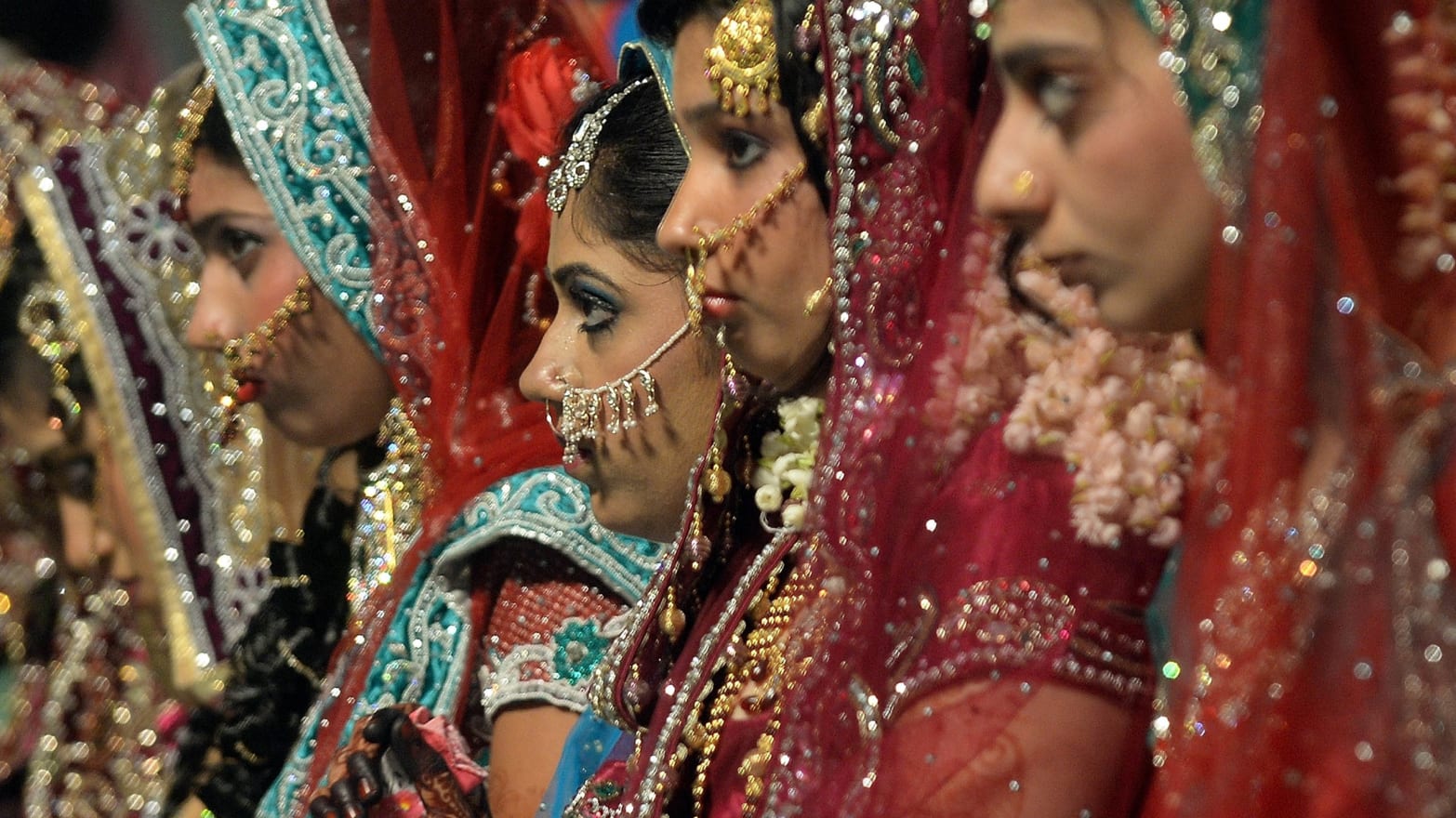FAMILY
ü Indian family view is complex; they have a long intertwined family lineage. India has the second largest population in the world.
ü Indian families are considered classically as large, patriarchal, collectivist, joint families, harboring three or more generations vertically and horizontally.
ü Indian joint families are considered to be strong, stable, close, resilient and enduring with focus on family integrity, family loyalty, and family unity at expense of individuality, freedom of choice, privacy and personal space.
ü Structurally, the Indian joint family includes three to four living generations, including grandparents, parents, uncles, aunts, nieces and nephews, all living together in the same household, utilizing a common kitchen and often spending from a common purse, contributed by all.
ü With urbanization and economic development, India has witnessed a break up of traditional joint family into more nuclear-like families
ü joint family still persists in some areas and in certain conditions, in part due to cultural traditions and in part due to practical factors.

Marriage
ü Arranged marriage has long been the norm of Indian families
ü Even in the modern day India majority of marriages are planned by family members or parents.
ü In most marriages, the bride's family provides a dowry to the bridegroom.
ü Indian laws treat males and females as equal in matters of inheritance without a legal will
ü Divorce rate in India is very low.

WEDDINGS
Research shows India celebrates 10 million weddings every year.
In India weddings are festive occasions with extensive decorations, colors, music, dance, costumes and rituals that depend on the religion of the bride and the groom.

WOMEN
ü Indian Constitution has given equal rights to both men and women in every field. Today, women enjoy voting rights, right to inheritance and property
ü Social change in India has brought dramatic changes compared to the traditional Indian culture. These changes have led to Indian families giving education opportunities to girls, accepting women working outside the home, pursuing a careers and women getting managerial positions.
ü Women empowerment issues are almost everywhere in the world.
ü The biggest cultural difference that amazes people is women having to pay dowry contrary to many parts of the world.

Challenges of modern family life in India
ü Globalization- The world is now like a tiny island different cultures have found their way to India and eventually forced to accept inadvertently any foreign culture and value system.
ü Intermarriages -India being a home to many foreigners, the arranged marriage culture is drifting away and some Indians marrying away from their culture.
ü Industrialization and Urbanization
ü Changes in spirituality
Comments
Post a Comment